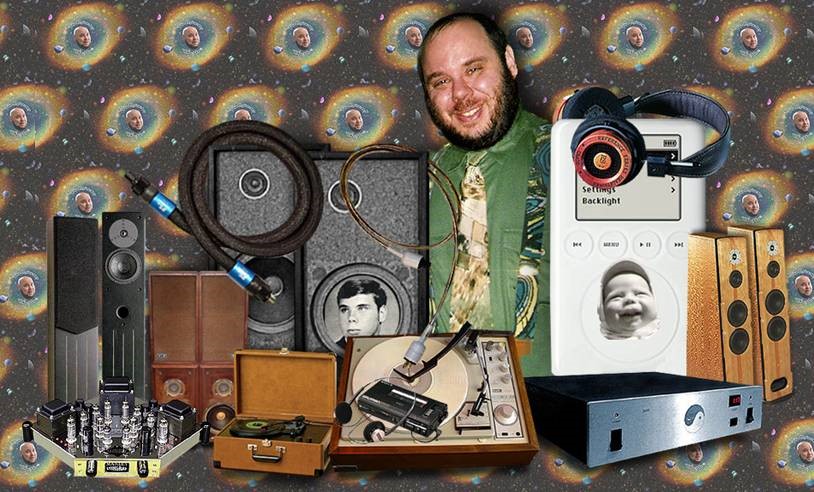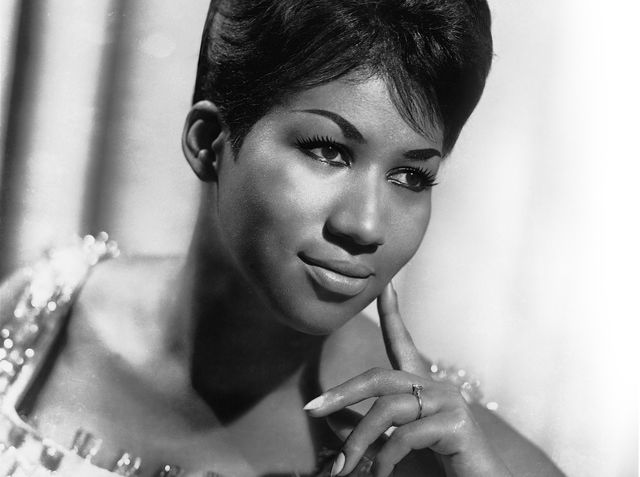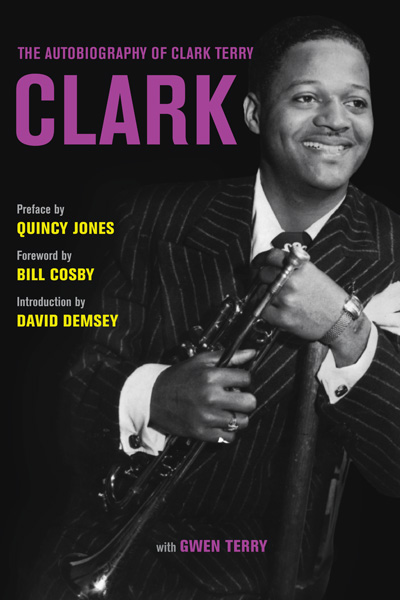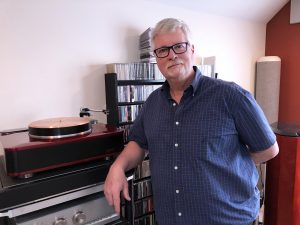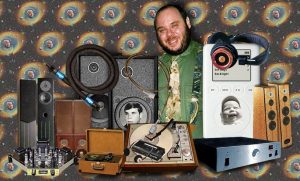A boy hears a sound. He hears sound before he has a name.
He hears gurgling, pounding underwater. He hears an ocean of blood swimming around him.
Through his veins. Through his mother.
He breaks into the light of day. He's shocked that he has a voice. He finds his voice and screams. He hears it screaming as though coming back through ancient time.
Like it belongs to another body. He hears it that way.
Then one day he hears what they call "music" in the same way he hears what they call "noise."
In the same stream.
Music as an extension of sound.
Sam Shepard
Suicide in Bb
Don't take the wrong direction passing through
Instead of deep reflection of what's true,
For it's a combination of judgments made by you
That causes a deep dejection all the way through.
Ginger Baker
Blue Condition
To me, his gruffness was more of a protective shell. What I was seeing was this true love of the music, and you can't play like that if you're not sensitive. It's not about loud or soft; he was listening and he had a tone. He had his own sound. He was listening like crazy. There's a sensitivity; you wouldn't call him fragile, but sometimes you gotta find a way to protect that thing, and I think on the surface that's what people would see.
Bill Frisell
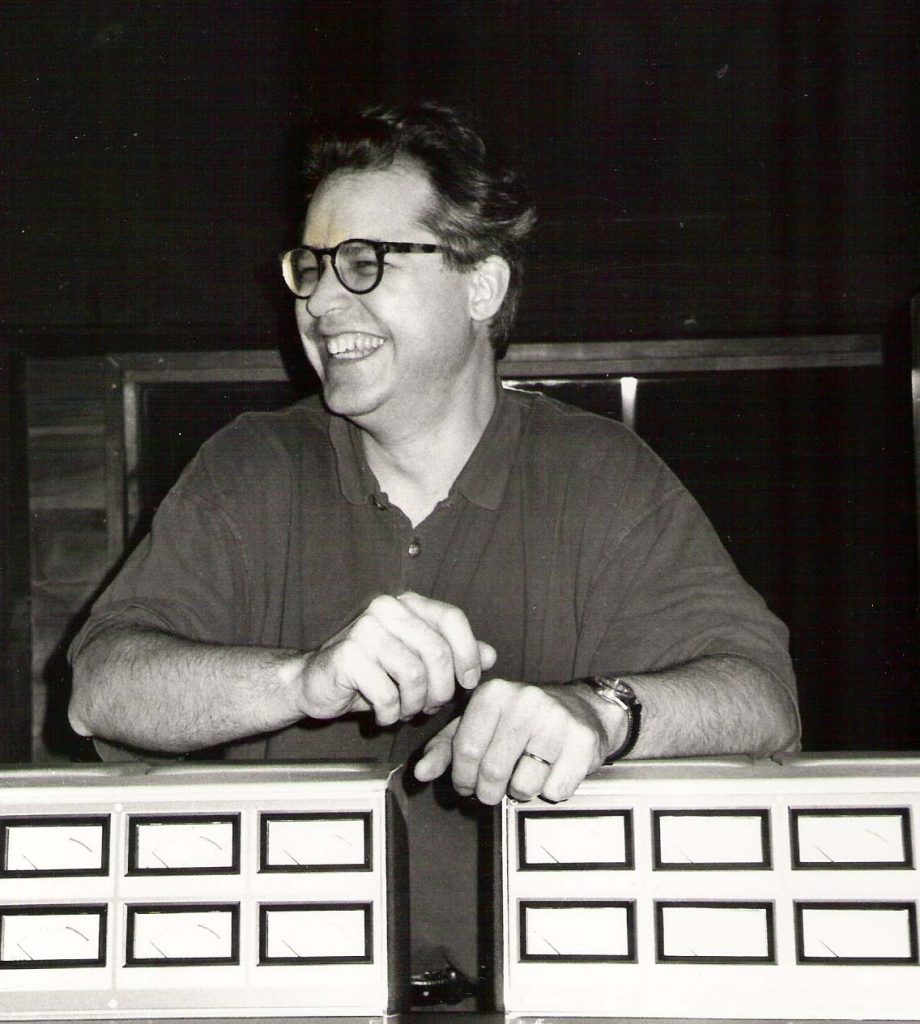
Peter Edward Baker
[August 19, 1939 – October 6, 2019]
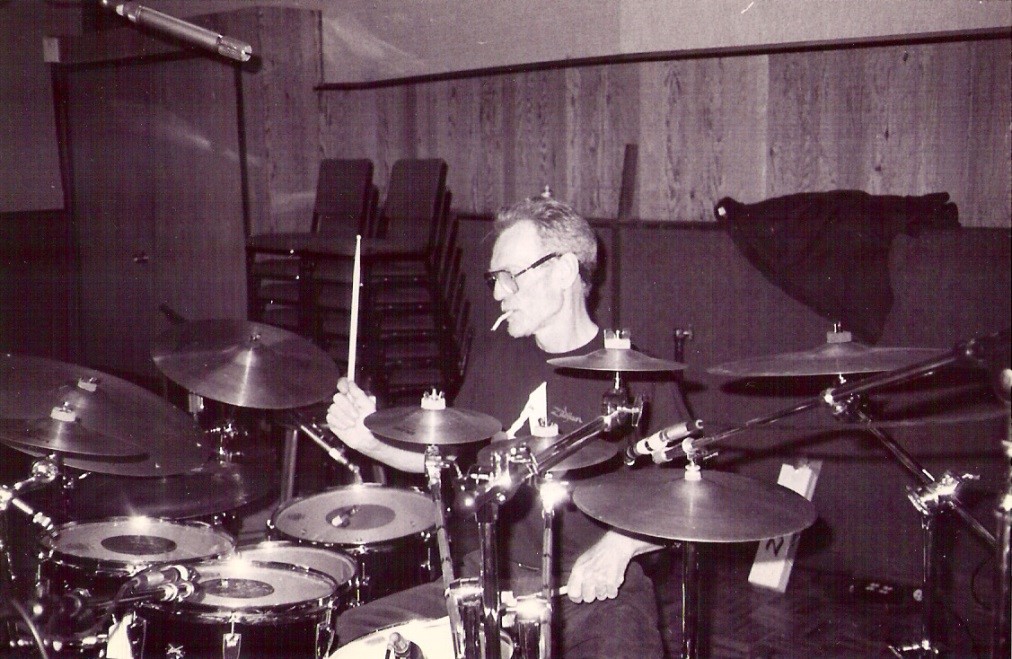
Ginger Baker At Ocean Way Studios [1994]. Photo by Chip Stern
One hardly knows where to begin.
I was blessed to call Ginger Baker my friend.
I was likewise blessed to call Max Roach and Papa Jo Jones friends. And for reasons not altogether clear to me, I was tasked by the universe—both as an aspirant in rhythm and as a scribe—not only to chronicle their innovations for my fellow music lovers, but to bear witness to the end games of all three as they faded to black and a receptive silence.
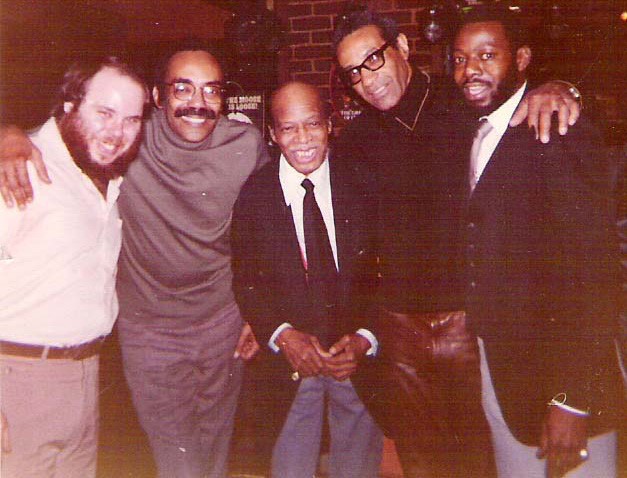
[L-R] Chip Stern, Art Taylor, Papa Jo Jones, Max Roach, Shelton Gary
I mean, it's not as if they're gone, people…they're only dead. Some vibrations linger longer.
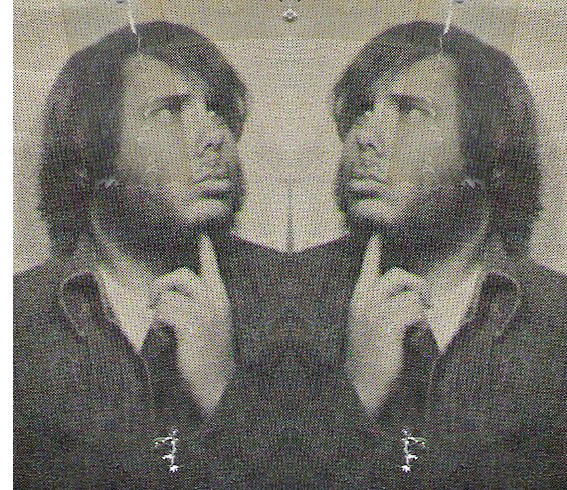
Be that as it may, it's always too damn soon to say goodbye.
And for me, arriving at some recollection of Ginger and our interactions with each other over the past 35 years has been trying, and here it is a full month and change since he passed, and only now am I able to reflect in part on both his darkness and his light, as in the end, Peter Edward Baker was nothing if not a man, guarding his muse behind an elaborate moat of snarkiness, alternatingly gentle and abrasive, sharing and guarded, kindhearted and off-putting, perceptive and naïve, funny and fatalistic.
But a force of nature, a tribal elder of rhythm, a brilliant improviser and master of spontaneous orchestration, who transformed the manner in which the drums were perceived and deployed in popular music; a spiritual bridge between his beloved Modern Jazz, Afro-Beat, World Music, the British Blues Movement and the revolution in rock and the popular song foisted on an unsuspecting world by The Beatles.
In reflecting upon my interactions with Ginger over the course of 35 years, while there was much of an anecdotal nature I was tempted to pass along, much of it quite colorful and amusing, after a number of false starts in sorting out my recollections and observations from my emotions and judgements, I concluded that perhaps those constituted another story, for another day; that this piece was not so much about Watson & Holmes, about Me & Him, but about Him; and I chose to focus not on those excesses that shadowed his successes; nor on those insecurities and lapses of judgment in matters of business and interpersonal relations, which conspired at times to overtake the better angels of his nature regarding both his personal security and his extended family. And which in the end, as his health cratered, left him vulnerable, forced to keep working and wondering how he had arrived at this place, as referenced pointedly in the title track to an exceptionally fine recording from 2014 with his final working band on the Motema label, Ginger Baker's Jazz Confusion…Why?
Herein, I choose instead to focus on his talent, and his enduring spirit as a tribal elder of rhythm, who transformed the face of popular music and the role of the drummer therein. Let us focus on the joy he derived from music, and communicated to those willing to listen… obsessing over tall tales regarding Ginger Baker volatility as a cult figure of sorts, tends to obscure the enduring contributions of Ginger Baker the musician, which when all is said and done, is why his vibrations continue to reverberate across the face of time.
Oh, yes, Chip,
I'm a very intelligent person.
I just have a lower class accent
Ginger Baker
The first time I played guitar in England I sat in with Cream.
I like the way Eric Clapton plays. His solos sound just like Albert King. Eric is just too much.
And Ginger Baker, he's like an octopus man. He's a real natural drummer.
Jimi Hendrix
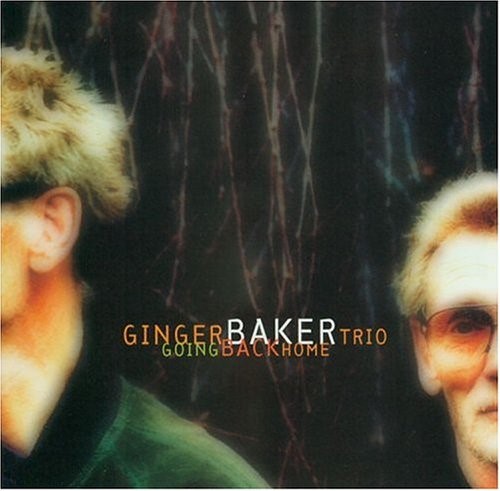
Still, there is much of a personal nature I have experienced with Ginger since first meeting him back in 1984 that is germane to his musical narrative, including producing his first recital as a leader, some 35 years after he first came of age as a musician, finally getting to play the music which inspired him to become a drummer in the first place—Going Back Home on Atlantic back in 1994 (with bassist Charlie Haden and guitarist Bill Frisell).
Everything on that initial session went right (much as everything on the subsequent session went wrong), and Going Back Home was released to universal acclaim, and endures as a defining moment in Ginger's career, leading as it ultimately did to the drummer assembling a stellar working band, probably the best he ever had, with the Denver Jazz Quintet To Octet, chaired by trumpeter-composer Ron Miles and the late tenor saxophonist Fred Hess (documented some years later in their 1999 Atlantic release, Coward Of The County).
Subsequent to that, I was able to midwife a collaboration between Ginger, his brother in rhythm, Tony Williams, and their spiritual father, Max Roach, for a 1995 Percussion Summit, which took place at the famous Verona Coliseum in Italy (where they stage all of the operas), with the M'Boom Re: Percussion Ensemble.
Once again, this was a seminal moment for the drummer, getting to collaborate with two of the greatest drummers of the 20th Century, musical innovators whom he'd came of age emulating and admiring—for whom he evinced uncompromising respect, and who were now accepting him as a peer.
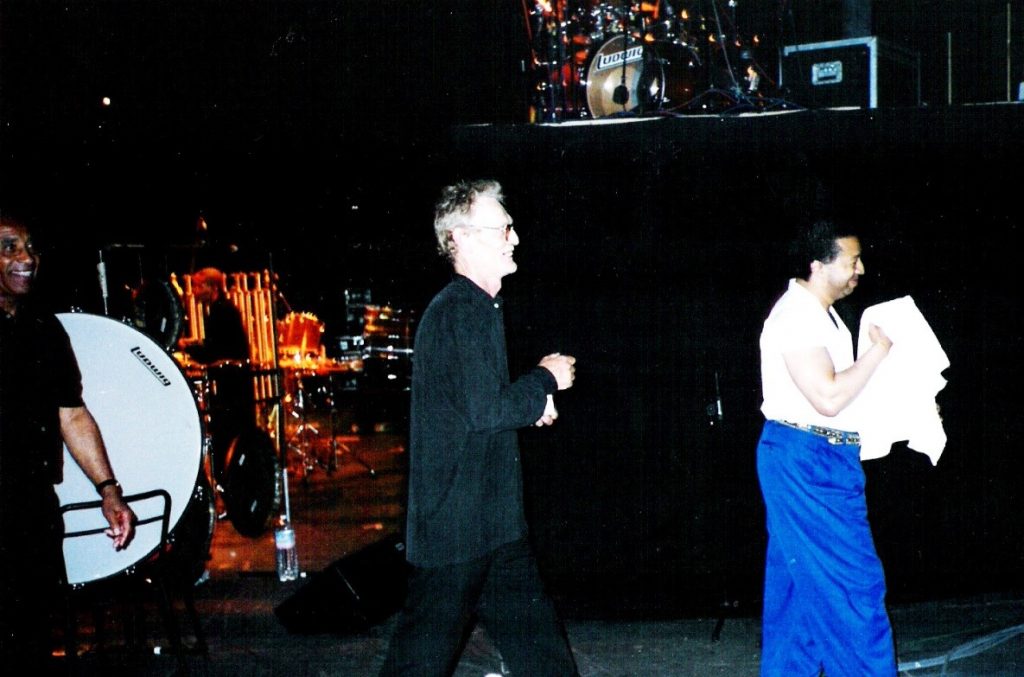
Max Roach, Ginger Baker, Tony Williams - Verona [1995]. Photo by Chip Stern
Of course, you wouldn't know any of that, if you'd sourced your conclusions from the documentary Beware Of Mr. Baker, or imbibed from the open bar of media twaddle and received wisdom regarding the world's greatest rock and roll drummer-world's greatest junkie-most disagreeable cocksucker to ever live narratives which surfaced with his death in lieu of an informed, all-inclusive career synopsis.
I mean most people, including Ginger himself, were flabbergasted at the drummer, were amazed that he had made it to 80, and in the end, his body simply gave out from the cumulative effects of COPD, congestive heart failure, and a spiritual instinct for the precipice of life that brought him crashing down to Planet Earth like a Cockney Icarus in the years since the triumphant return of the legendary band HE HIMSELF STARTED back in 1966, The Cream, at London's Royal Albert Hall and Manhattan's Madison Square Garden, in the Spring and Autumn of 2005.






